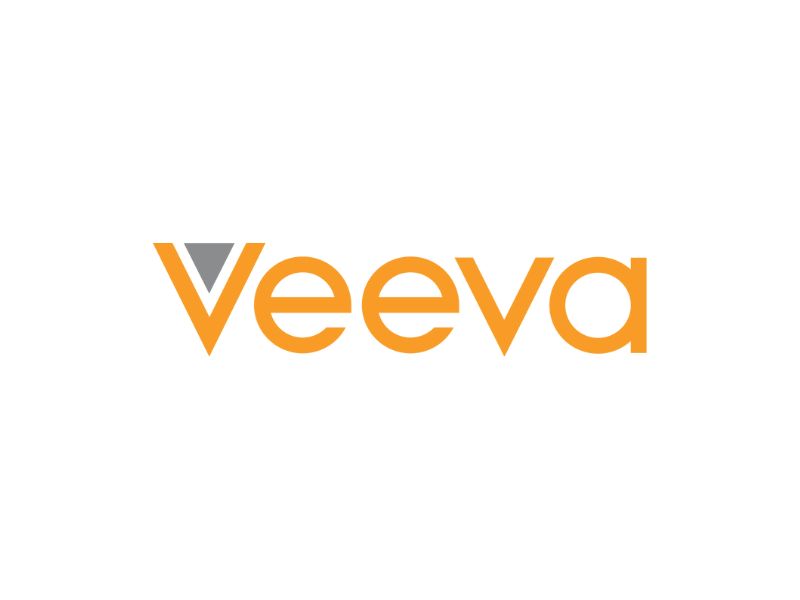Veeva Systems, has officially published the results from its 2025 Veeva Medtech Regulatory Affairs Benchmark report, which reveals that 50% of respondents lack full confidence in the completeness of their underlying data for global product registrations.
Going by the available details, Veeva’s study found that many organizations are manually reconciling data to ensure regulatory compliance, thus increasing the administrative burden for regulatory affairs teams.
Talk about the published results on a slightly deeper level, we begin from the fact that, when considering effective AI implementation, only 17% rate their regulatory data quality as excellent, whereas on the other hand, the remaining contingent chalks it off as average or worse.
Next up, the report found prevalence of lengthy timelines for submission preparation. You see, right from data gathering to internal approval, it was understood that preparing submission for a 510(k) takes a month or longer for 80% of respondents. In fact, an estimated 24% of all respondents would go on to indicate that it takes them more than six months.
Now, as organizations are spending up to two years on each MDR submission, medtechs that are able to reduce their submission timelines, like you can guess, will have a better chance at getting products to market faster with considerable cost and resource savings.
Almost like an extension of it, Veeva discovered outdated mechanics still in place for time to market measurement. We say so because no more than 5% said they use a fully automated process to monitor time to market, a key metric for effective resource planning. Against that, two-thirds (67%) said they partially or entirely rely on manual processes, making it difficult to generate accurate and timely performance insights.
Next up, the given exercise spotted room for improvement in the context of regulatory operations. In essence, surveyed respondents would identify heavy administrative burden (61%), siloed processes (49%), digital tool proficiency (35%), and educational shortcomings (24%) as the largest gaps in regulatory affairs, each component more than equipped to disrupt product registrations and slow down time to market.
Having said so, modern day technology was deemed to be already in the process of advancing regulatory affairs. Basically, around 56% of organizations said they have concrete plans to adopt a regulatory information management (RIM) system. Nearly half of respondents are also looking to develop integrations between existing systems (52%) or implement automated submission tracking and reporting tools (48%) to gain unified, accessible data.
Making this development even more significant would be Veeva’s own stature. For better understanding, the company is currently focused on providing cloud software for the life sciences industry other ancillary highly-regulated domains.
Veeva’s excellence in what it does can be further understood once you consider it serves, at the moment, more than 1,000 customers, ranging from the world’s largest biopharmaceutical companies to emerging biotechs.
“The report illustrates key areas to evolve regulatory affairs to a strategic enabler of business objectives through connected, automated processes for increased data reliability and speed,” said Seth Goldenberg, president of Veeva MedTech. “As teams are asked to do more with the same resources, addressing operational gaps to foster agility while maintaining compliance in the evolving regulatory landscape will be critical.”



















